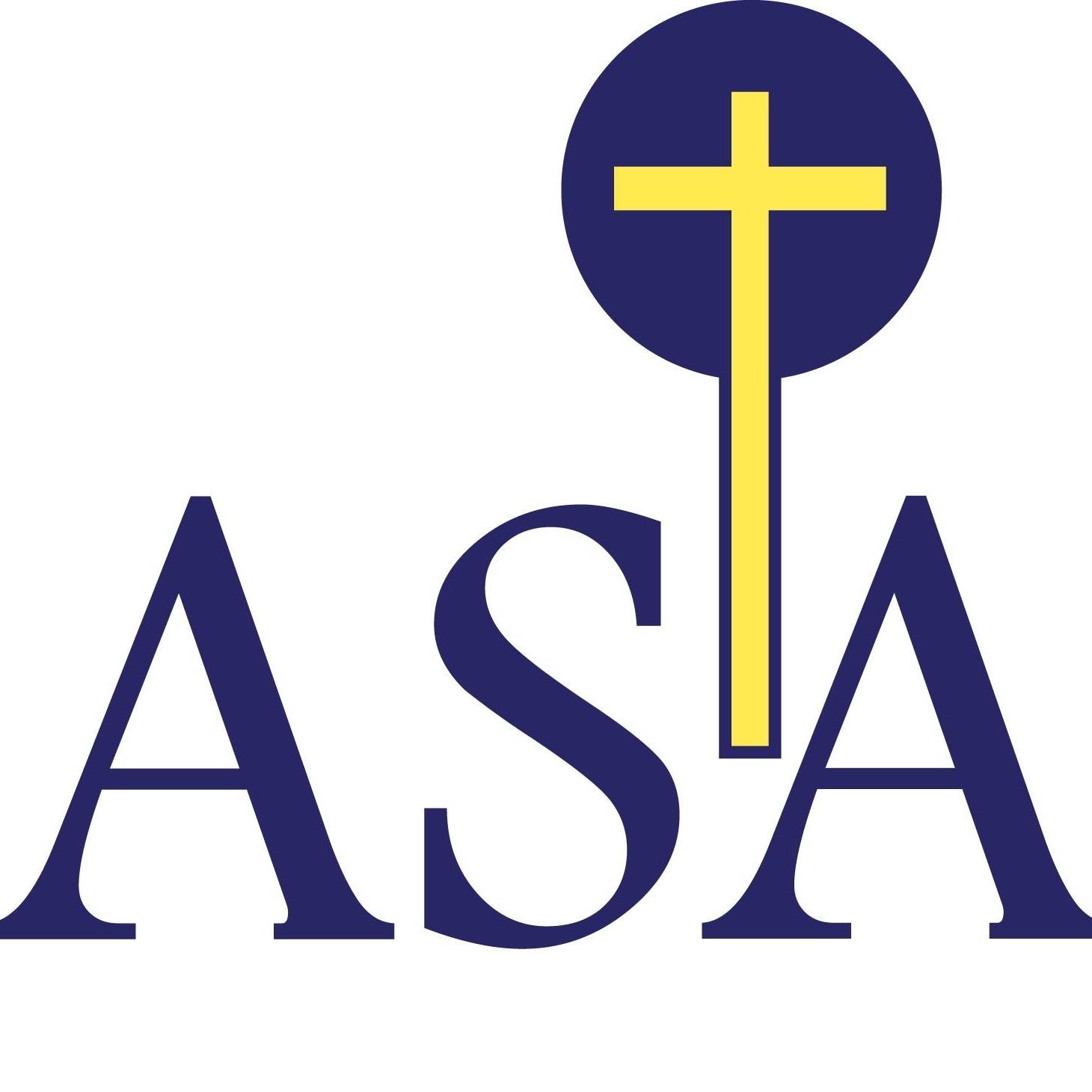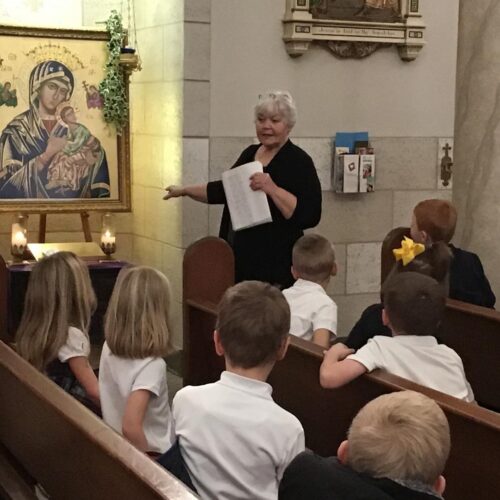
Planned Giving
Charitable Bequests
If you are planning a bequest to All Saints Academy through your will or revocable trust, you have a wide choice of alternatives to benefit our students.
You may bequest a sum of money, specified personal or real property, or a share of your estate’s residue (the amount remaining after all costs, debts and taxes have been paid and all monetary and specific bequests have been satisfied).
Your gift may be contingent. That is, you may provide money, property or shares to go to an individual should that person survive you; otherwise, the funds would divert All Saints Academy.
Here is sample bequest language for All Saints Academy (please check with your attorneys about the manner in which the bequest should be structured to carry out your intentions): “I give and bequeath (amount) to All Saints Academy, a Roman Catholic elementary school, 295 North Clinton, Breese, IL 62230, for (list purpose or restrictions, if any).
You can create a trust for a relative’s benefit, assuring the availability of income and principal for that person’s support and comfort, and name us to receive the remaining funds when the trust terminates.
Beneficiary Designation Forms
Most people feel that if they have a will or trust they are finished with their estate planning and the important work of disposing of their earthly assets. This assumption may not be accurate because many of a person’s assets are not covered by a will or trust.
Retirement assets like a 401 (k) plan, a 403 (b) plan or an Individual Retirement Account (IRA) transfer at death by a beneficiary designation form that you fill out with the plan’s administrator. There are tax consequences with retirement plan assets. They are an excellent asset to consider giving all or a portion of to a charity, like your parish, parish school or other agency in the diocese because charities do not pay taxes.
Other assets also transfer at death by beneficiary designation. These include insurance policies, financial accounts like bank or brokerage accounts, Certificates of Deposit (CDs) and U.S. Savings Bonds. At financial institutions beneficiary designation forms are often called transfer-on-death or pay-on-death forms.
Be sure to keep your beneficiary designations on these assets up to date to reflect where you want your money to go. Please consider All Saints Academy as one of your options for your retirement plan assets, insurance policies and financial accounts.
Charitable Gift Annuity
A charitable gift annuity is a contractual relationship between you and the Diocese that can benefit our school. When you make an irrevocable transfer of cash or property, the Diocese agrees to pay you and/or your designated beneficiary (usually a spouse) a fixed amount quarterly for the lifetime of one or two annuitants.
Through a special agreement in the gift annuity contract with the Diocese, you can designate All Saints Academy to receive the remainder of the gift annuity after your lifetime(s).
The amount of the annuity payout is based on the age(s) of the income beneficiary and the amount or value of the gift to the Diocese. For example, a one-life gift annuity for a person age 75 earns a payment rate of 5.8% for life. A charitable gift annuity for $10,000 would earn $580 in annual payments (for life) and a portion of this income would be tax-free. In addition, a charitable income tax deduction of approximately $4,268 would be available. The minimum amount for a gift annuity is $5,000.00 and there is no maximum.
Retirement Plan Assets
Many of our parishioners have participated in qualified retirement plans for many years in preparing to retire. You may be one of them. You have watched your fund grow, tax-free. In fact, despite the recent economic downturn many are surprised by the growth in their accounts.
For many people, these retirement accounts are their single largest asset, and they plan to leave the remainder of their retirement plan assets to their children or other heirs. The disadvantage of leaving your remaining retirement assets to heirs (other than your spouse) is the tax consequences.
Retirement benefits given to your heirs will be taxed at ordinary income, while they can be passed to your spouse without immediate tax. In addition, if all your assets are significant enough to warrant the payment of estate taxes, your retirement funds will be liable for both income and estate taxes upon your death. In other words, after taxes, your heirs could receive one-third of the total or less.
One way around this tax problem is to give some/all of the assets to a charity like All Saints Academy and leave other assets to your heirs. The easiest way to donate retirement plan assets is to designate us as a beneficiary. All you need to do is contact the administrator of your plan. The administrator will send you the correct forms to sign. If you are married, your spouse must waive his or her right to survivor benefits from the plan (although this is not the case for IRA’s).
When you designate the Church as a beneficiary, as with a charitable bequest, you have considerable flexibility. You can give a specific amount to us, or a percentage to us and other beneficiaries (children). You can name your spouse as the primary beneficiary and All Saints Academy as the secondary beneficiary. There are many possibilities.
Another way to give from your retirement account is to have those assets transferred at death to a charitable remainder trust. If the beneficiary is a spouse, (by combining this strategy with the unlimited marital deduction) you eliminate all federal estate taxes attributable to the retirement account.
Tax information provided herein is not intended as tax or legal advice and cannot be relied upon to avoid statutory penalties. Always check with your tax and financial advisors before implementing any gift.





